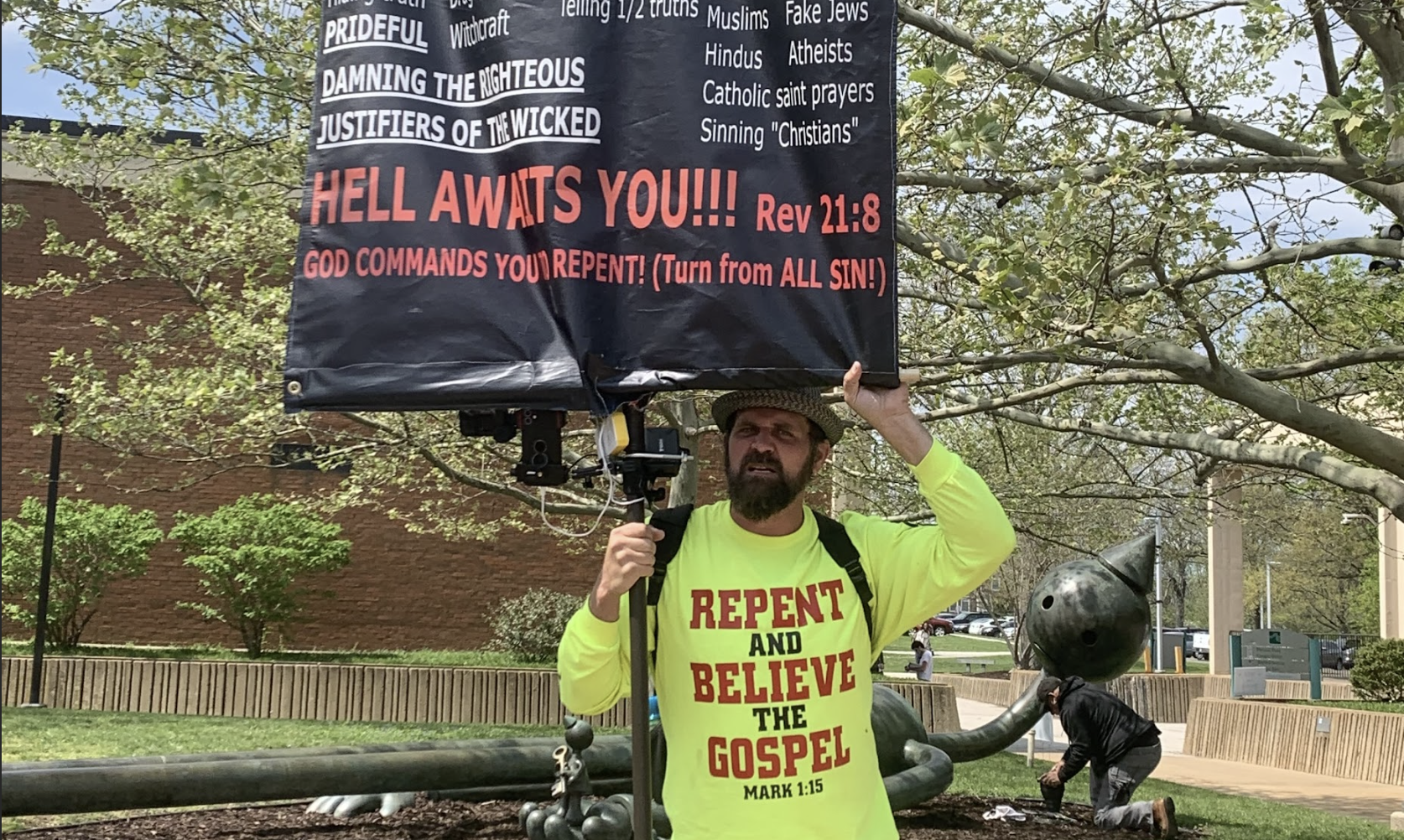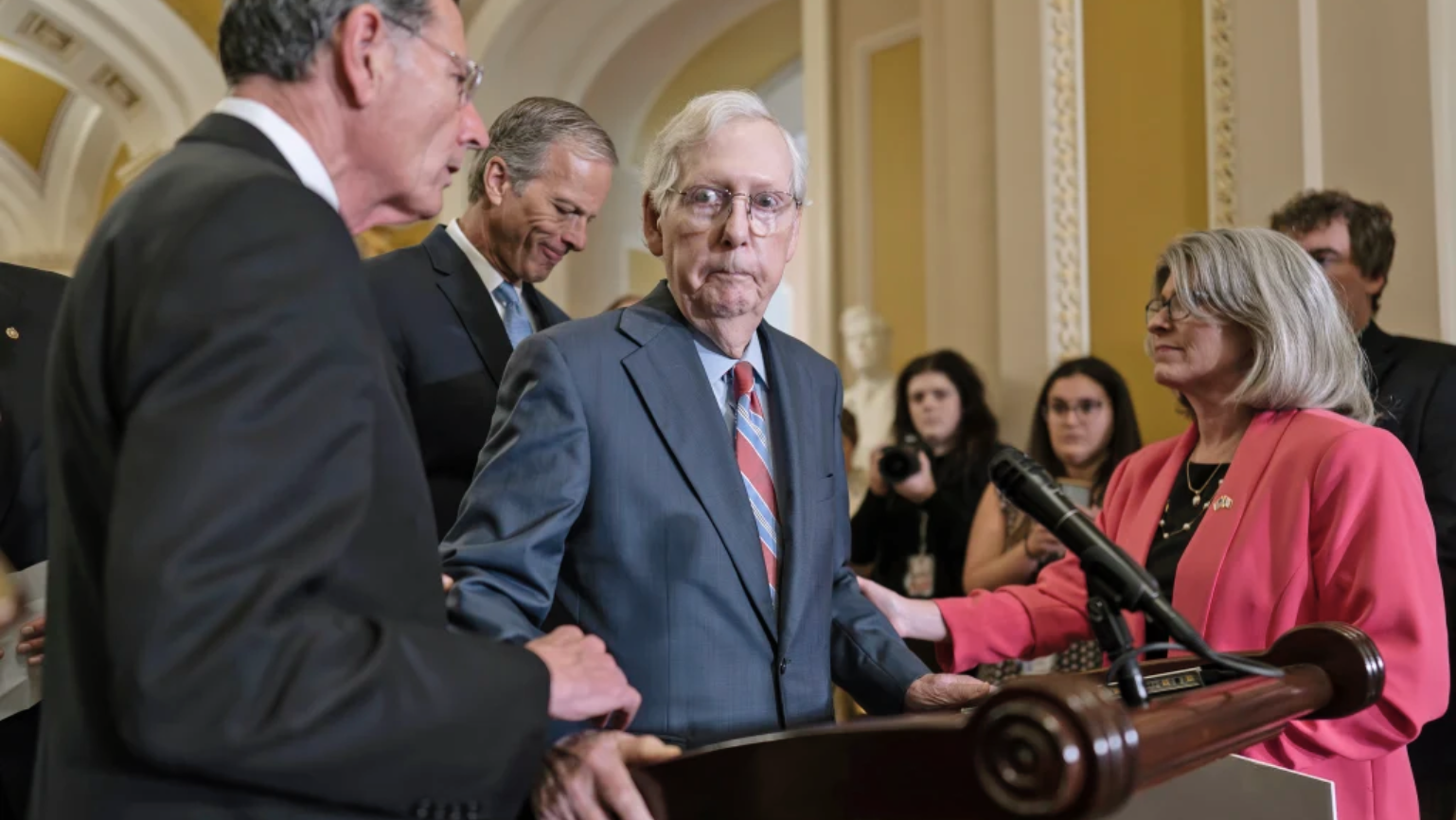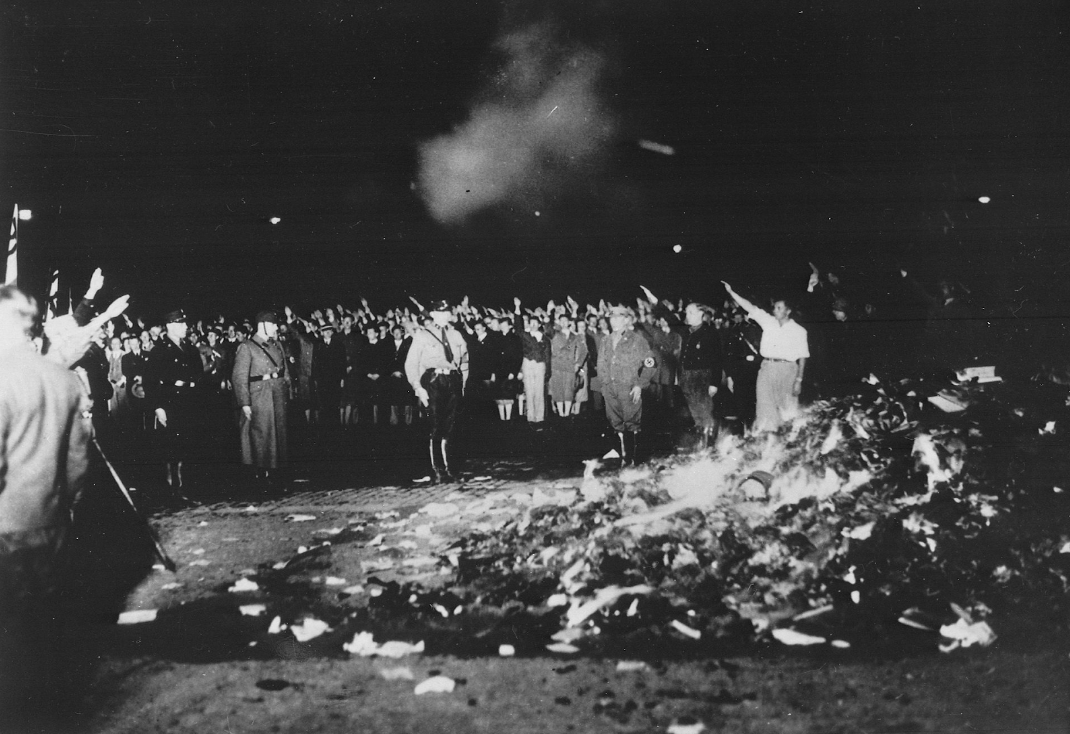Abortion did not begin when Roe v. Wade was passed
By: Mary Wilson, Opinions Editor
I’m not alone in the belief that the term “pro-life” should be changed to “anti abortion” or “pro-birth.”
Then-candidate Donald Trump campaigned that under his administration, Roe v. Wade, which gives American women the constitutional right to a safe and legal abortion, would be overturned. In debates with Hilary Clinton, he preached the dangers of late-term abortions. The Christian right rejoiced. At last, they had a candidate. A candidate who would respect life, in all stages.

Some churches urged their parishioners to “vote with their conscience.” The choice was made clear: either vote for a candidate who vowed to make abortion illegal, or vote for the candidate who had said she agreed with Roe v. Wade.
What would Jesus do?
We’re nearing the end of Trump’s first term, and Roe v. Wade has not been overturned yet. Though it stands on shaky legs–multiple states, including Missouri, have restricted safe abortion so much that it’s nearly impossible to access–for now we live in a nation where the Supreme Court has said that access to abortion is a constiutitional right.
We’re nearing the end of Trump’s first term, and the “pro-life” President has slashed food stamp benefits. Kaiser Health News reports that his administration’s new rules could “result in nearly 700,000 people across the country losing their food stamps.”
Call me a snowflake liberal, but I’m confused as to how someone can proudly identify as “pro life” and advocate for people losing food stamps.
We’re nearing the end of Trump’s first term, and the “pro- life” President has cut access to life-saving healthcare at the same time he addressed the annual “March for Life,” an anti-abortion rally. In February 2018, Trump’s administration allowed “states to impose work requirements on Medicaid recipients,” according to thebalance.com.
Call me stubborn, but isn’t access to healthcare related to life?
Perhaps I’ve focused too much on Trump. He didn’t invent this conundrum. The divide between “pro life” and “pro choice” people has been widening since before he took office.
The Republican party, the “pro-life” party, is historically against gun control and efforts to widen access to healthcare. Missouri is one of 14 states left that hasn’t expanded Medicaid, yet we have some of the strictest anti-abortion laws in the country. Fifteen children died from gun violence this summer in St. Louis alone, yet the focus in Jefferson City is on eliminating access to abortion.
Abortion did not begin when Roe v. Wade was passed. National Public Radio reports that before Roe v. Wade, between “20 percent and 25 perent of all pregnancies ended in abortion.”
Pregnant women who wanted abortions were forced to self-induce an abortion, the most common, or rely on underground networks. NPR reports that immediately before Roe v. Wade, “200 women died per year” of complications from abortions.
If someone wants to make abortions illegal, then say it.
But someone who wants to end legal abortion, while advocating for people losing food stamps and healthcare, isn’t “pro-life.”
They’re simply “anti-abortion.”











